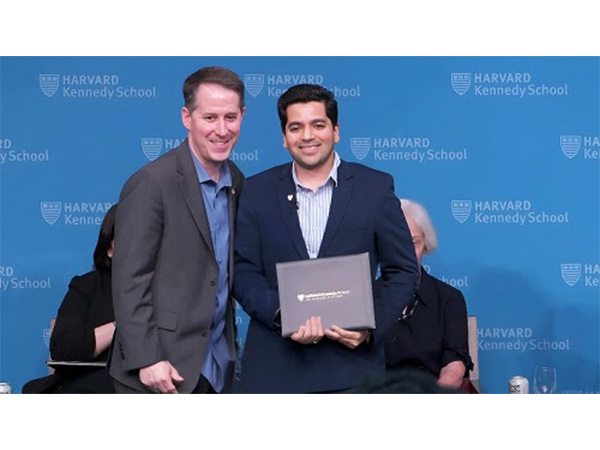
NIGERIA, the most populated nation in Africa, still faces difficulties with its public health system, which has been dealing with long-standing and complicated issues. Hence, it is essential to ensure every citizen has access to high-quality medical care, and establishing confidence in healthcare institutions has now become a critical national focus.
On June 30, Health and Social Welfare Minister Mohammed Pate revealed during a meeting of the Ministerial Oversight Committee in Abuja that the federal government's tax reform will enhance health financing. He mentioned that the recent tax law enacted by President Bola Tinubu will raise government revenue, which will subsequently support essential services such as healthcare. These kinds of assurances are not unprecedented.
Nigeria has depended significantly on outside financial support for its health initiatives, but the government is now committed to altering this situation. Well said.
Interestingly, Nigerians, particularly the elite, allocate between $1.1 billion and $2 billion each year for medical travel. This drains the economy.
As part of this initiative, Pate revealed the intended distribution of N32 billion, approximately N140 per person, over a six-month period to enhance access to high-quality healthcare across the country.
This distribution, which is not sufficient and applies to the timeframe from April through June 2025, is expected to be made available by the end of August.
However, although this influx of money is a beneficial move, it does not fully tackle the underlying, structural problems affecting the healthcare system.
Ongoing insufficient funding has resulted in hospitals being poorly equipped, facing shortages of critical medications, and lacking proper infrastructure. The share of the budget dedicated to the health sector since 2001, when Nigeria set a goal of 15 percent, shows that the nation has repeatedly fallen short of realizing the goal of Universal Health Coverage.
A significant lack of healthcare workers exists. Numerous physicians and nurses keep looking for improved prospects overseas because of unfavorable working environments and minimal compensation. As per a study, more than 16,000 doctors are said to have left in the past five to seven years.
Although rural regions face challenges in accessing healthcare services, numerous urban areas deal with hospitals that are short-staffed, partially because of long-standing corruption that has turned internship positions for medical students into a financial opportunity, thereby preventing many skilled medical personnel from entering the system.
The industry faces challenges including poor policy enforcement, disjointed health insurance systems, and instability, resulting in millions of people lacking essential care and having restricted access to healthcare services.
Approximately 20 percent of the more than 30,000 Primary Health Centres spread throughout Nigeria are completely operational. The remaining ones are unable to deliver fundamental primary healthcare services, as reported by the National Primary Health Care Development Agency.
Regrettably, the systematic casualization of medical staff, which was initially meant to be a temporary solution for staffing shortages, has turned into a dilemma for numerous doctors whose pay is considerably less than that of their full-time counterparts, despite carrying out the same responsibilities.
Temporary medical staffing, often referred to as locum work, was implemented by the government to swiftly address personnel shortages in hospitals, particularly when administrative processes caused delays in official hiring under the federal service system.
Medical professionals working under temporary agreements, some of which are renewed on a monthly or quarterly basis, are not eligible for regular benefits, such as pension contributions, health coverage, paid time off (including maternity and paternity leave), residency or advanced training opportunities, risk and on-call allowances, and chances for career advancement or official acknowledgment.
These difficulties demand a planned and comprehensive strategy. Nigeria needs to focus on healthcare, boost financial resources, enhance salaries and overall conditions for medical personnel.
The Nigerian administration must create a temporary staffing policy that will outline the procedures for hiring, overseeing, compensating healthcare workers, and guaranteeing prompt and equitable payment.
PHCs need to be improved, supplied with necessary resources, and have sufficient personnel. There must be enough financial support for medical services, and people should be able to obtain health coverage.
Successful healthcare reforms can decrease the impact of illnesses, reduce death rates, and enable more Nigerians—no matter their income level or geographic location—to obtain the medical care needed for improved health and greater productivity.
Provided by SyndiGate Media Inc. (Syndigate.info).







